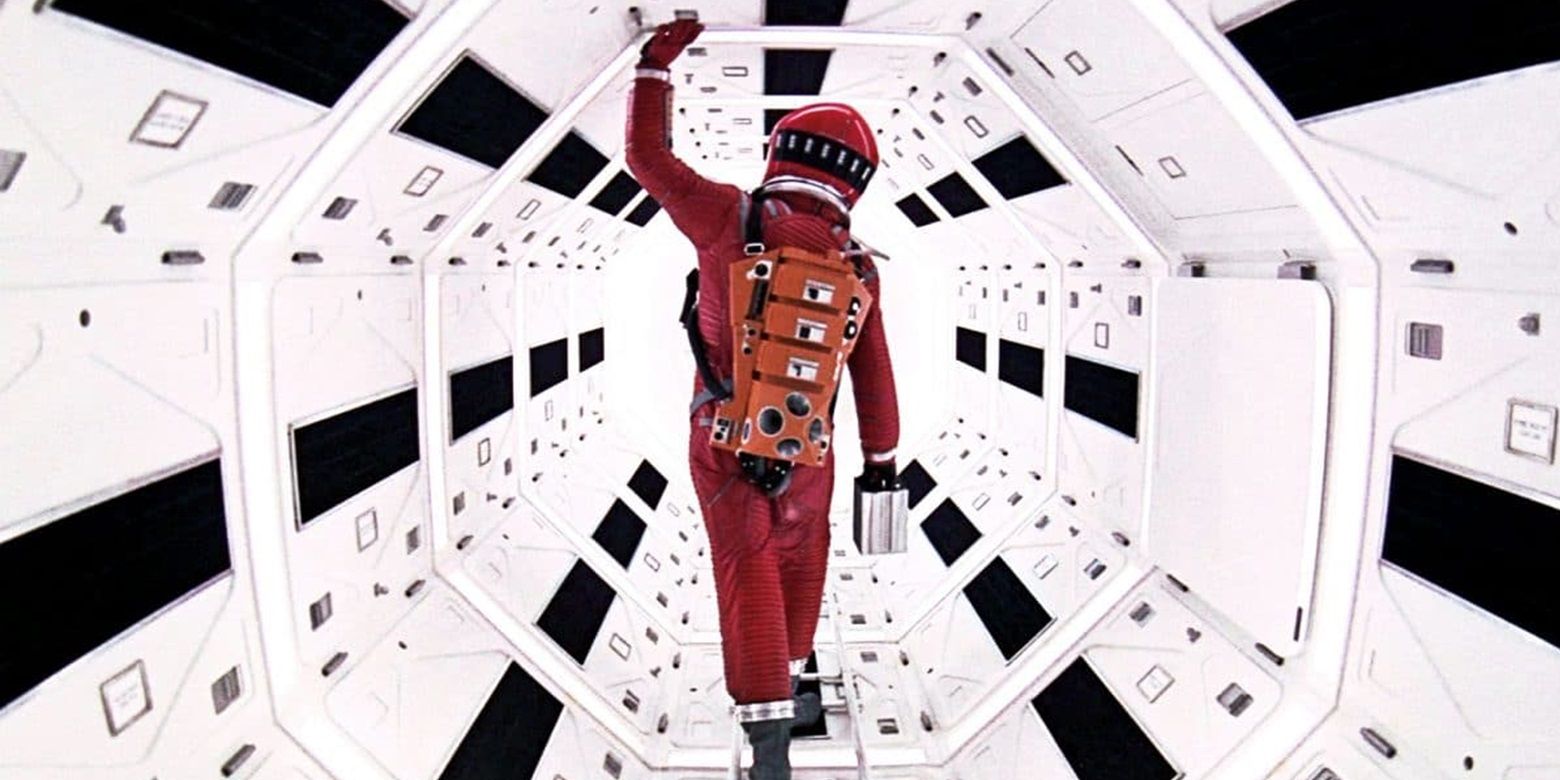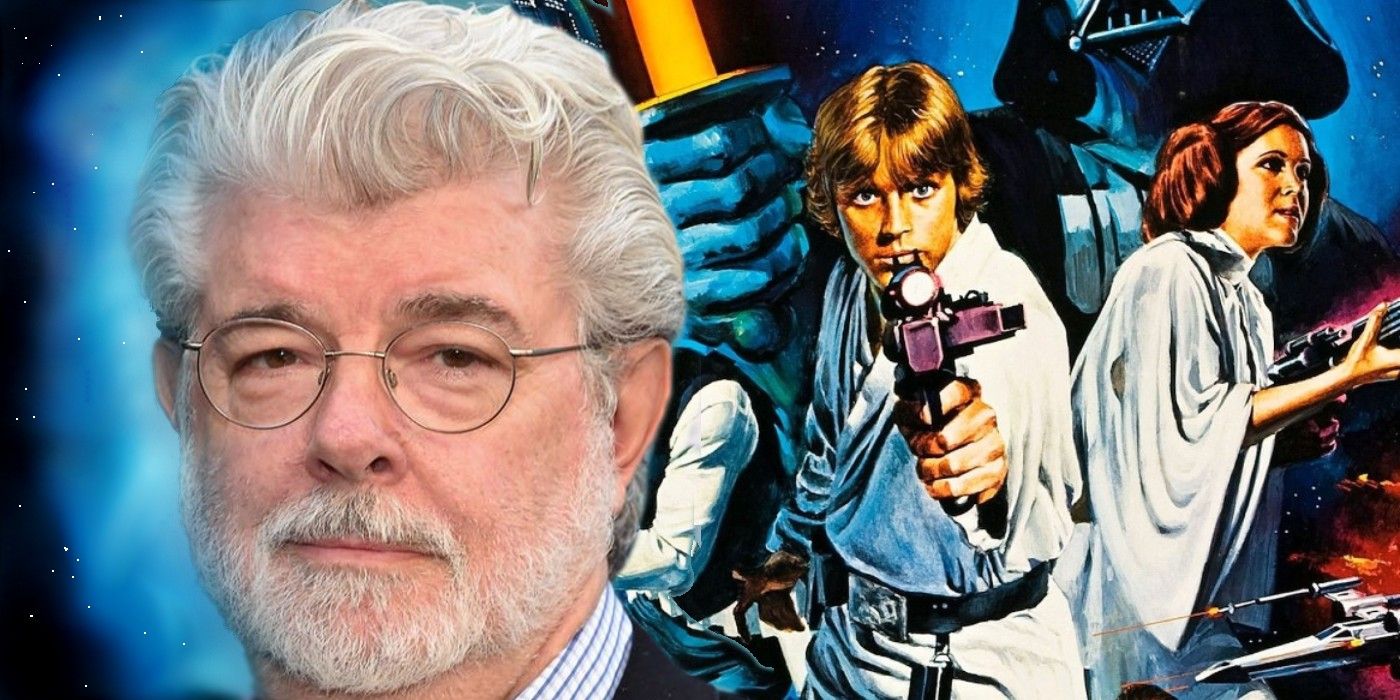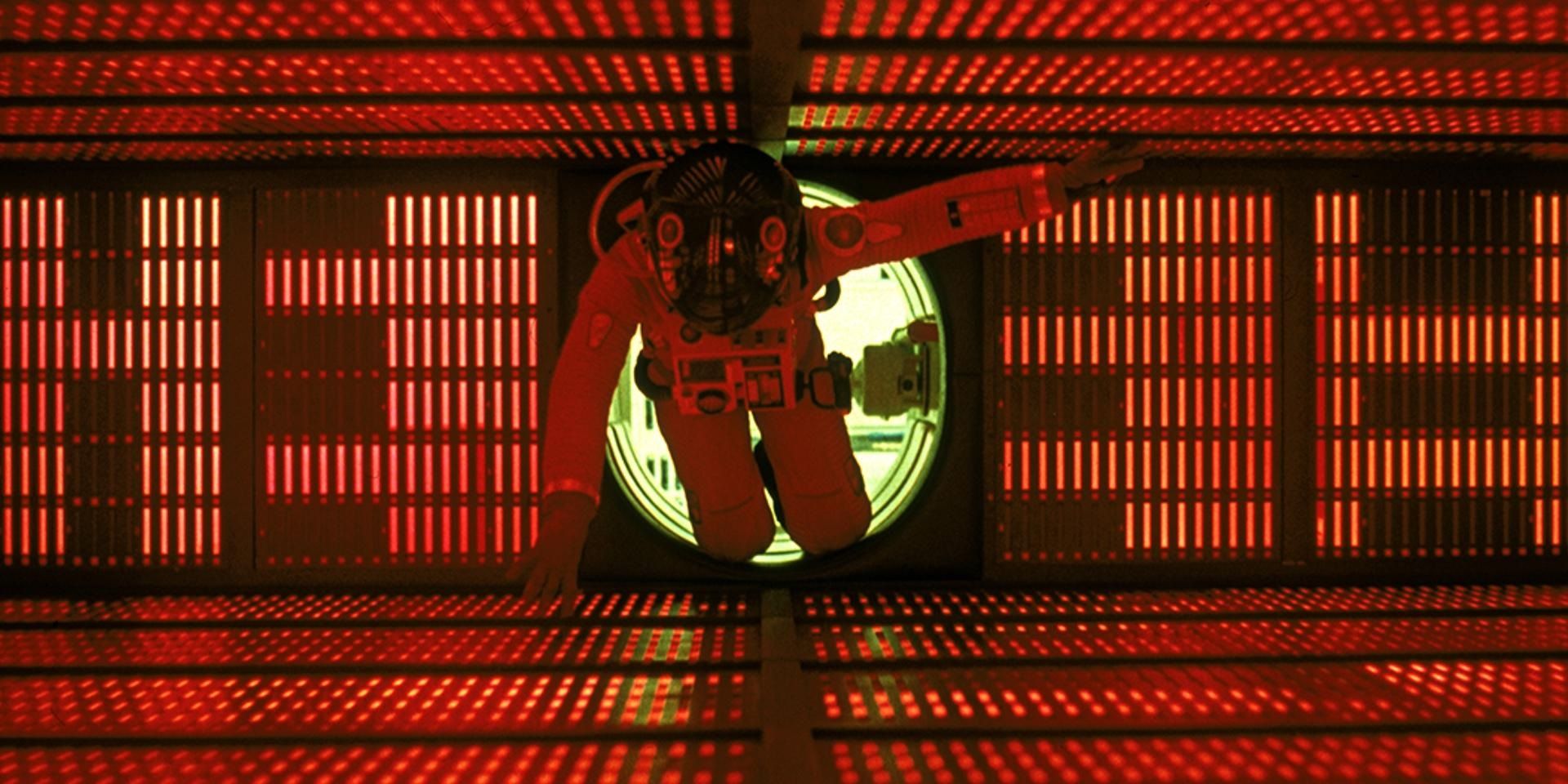A 15-year-old American Film Insitute (AFI) poll revealed that Stanley Kubrick’s critically acclaimed 1968 box office hit is the greatest sci-fi movie of all time, with George Lucas’s Star Wars coming in second place. The sci-fi genre has produced numerous box office successes and some of the most impactful movies in cinema history, with technological advancements continuing to enhance the themes, stories, and striking visuals of this film sector. With so many important additions and influential entries in the genre, assessing the greatest sci-fi movie of all time is a tall order.
In 2008, AFI conducted a “10 Top 10” list, which gathers the 10 greatest movies within 10 different classic film genres. The final lists were assessed by “1,500 leaders in the creative community,” including filmmakers, artists, critics, and historians, who voted from a selection of 50 nominated movies per genre. Since the poll’s results were disclosed in June 2008, the only sci-fi movies nominated were released during or before 2007, meaning modern hits like Arrival, Interstellar, Dune, and Avatar are excluded from consideration. Ultimately, however, AFI’s 2008 top 10 sci-fi movies list contains movies that continue to hold influential legacies on the genre and the scope of filmmaking over 15 years later.
2001: A Space Odyssey Is The Greatest Sci-Fi Movie Of All Time In AFI’s 2008 Poll

According to those who voted in AFI’s 2008 poll, the greatest sci-fi movie is Stanley Kubrick’s 2001: A Space Odyssey. With 2001 taking the top spot, AFI’s list is followed consecutively by Star Wars (1977), E.T. the Extra-Terrestrial (1982), A Clockwork Orange (1971), The Day the Earth Stood Still (1951), Blade Runner (1982), Alien (1979), Terminator 2: Judgment Day (1991), Invasion of the Body Snatchers (1956), and Back to the Future (1985). Alongside Ridley Scott, Kubrick scores two movies on the AFI sci-fi list with his films 2001: A Space Odyssey at number one and the controversial A Clockwork Orange at number four.
Released in 1968 after being made on a budget of around $10 million, a number that seems small compared to many modern sci-fi blockbusters, 2001: A Space Odyssey made over $56.8 million during its original theatrical run (via Box Office Mojo). The film has a lifetime box office total of over $66 million worldwide after numerous re-releases, though some estimates double this number. More important than its 1968 box office numbers, 2001: A Space Odyssey has near-universal acclaim from critics today, with the film maintaining a “Certified Fresh” 92% score on Rotten Tomatoes at the time of writing. Despite having such an impactful legacy 55 years later, 2001: A Space Odyssey shockingly wasn’t nominated for Best Picture at the 1969 Oscars.
Regardless of critical and audience acclaim, 2001: A Space Odyssey has had a pervasive influence on sci-fi filmmakers, with Kubrick’s epic movie having a revolutionary effect on the genre and industry at large. Based on an original story by Stanley Kubrick and sci-fi author Arthur C. Clarke, the ambiguously-ending 2001: A Space Odyssey is set in the titular year as a group of astronauts, scientists, and politicians journey to Jupiter in order to investigate an alien monolith. The film also includes one of the most iconic sci-fi characters of all time with HAL, the spacecraft’s sentient computer. Kubrick’s story compellingly explores themes of artificial intelligence, human evolution, and technology, with its special effects innovations and iconic imagery making it one of the most influential films in history.
George Lucas Called 2001 “Far Superior” To Star Wars In 1977

While 2001: A Space Odyssey beating an iconic film such as Star Wars may seem surprising in some respects, filmmaker George Lucas himself would defend such a ranking. The same year that his revolutionary movie Star Wars was released in 1977, Lucas stated, “Kubrick made the ultimate science fiction movie, and it is going to be very hard for someone to come along and make a better movie… On a technical level, [Star Wars] can be compared, but personally I think that 2001 is far superior” (via The Guardian). Lucas also revealed in the DVD featurette Standing On the Shoulders of Kubrick: The Legacy of 2001 (via Warner Bros.) that 2001 had a profound impact on his approach to sci-fi and named the film as the “pinnacle” of traditional special effects.
Why 2001: A Space Odyssey Deserves To Beat Star Wars On AFI’s List

While Star Wars is similarly considered one of the most influential science fiction movies of all time, thus earning second place on the American Film Institute’s list, the 1977 classic wouldn’t have had the same technological advancements, striking visuals, and thematic nuances without 2001: A Space Odyssey. George Lucas was greatly inspired by Kubrick’s film nearly a decade beforehand, which paved the way for a sci-fi adventure like Star Wars to reach mass audiences and be taken seriously by critics and audiences alike. 2001: A Space Odyssey has unmatched importance in the legacy of sci-fi movie history and influence on the innovations of the genre, with Kubrick’s skillful execution of his vision launching the art of filmmaking to new heights.
Sources: AFI, Box Office Mojo, Rotten Tomatoes, The Guardian, Warner Bros./YouTube




